Serving tech enthusiasts for over 25 years.
TechSpot means tech analysis and advice you can trust.
Recap: The tech world is in constant flux, but some stories capture our collective imagination more than others. As we look back at 2024, this TechSpot Rewind countdown is more than just a list – it's a snapshot of the ideas, technologies, and controversies that shaped the year.
From Intel's CPU woes to the return of optical discs, with some security exploits and quantum-powered navigation stories in-between, this collection highlights the stories that you, our readers, couldn't stop clicking, debating, and sharing.
#25 GPS-free navigation nears reality with quantum breakthrough
Integrated photonic chips enable compact, low-cost quantum navigation
Today's typical navigation-grade motion sensors are about the size of a grapefruit, helping steer ships, planes, and vehicles in conjunction with GPS signals. This means they always need satellite connectivity to function, but a new breed of "quantum compass" could eventually let us ditch the satellites entirely.
#24 Intel's crashing CPU crisis deepens as more models are affected than originally thought
The issue extends beyond enthusiast chips, hinting at a more complex root cause
Intel probably thought the worst was behind them after the company identified the source of the instability surrounding its 13th- and 14th-gen CPUs and promised a patch to address the issue. But new reports say that the patch won't resolve the problems for processors already experiencing crashes. Even worse, whatever the problem is, it affects a broader range of models than previously assumed.
#23 Face it, there is nothing that can replace COBOL
And don't hang your hope on generative AI, at least not yet
COBOL is decades old yet it still dominates our IT ecosystem and even the economy. But a replacement must be found, if only because the number of developers that can work on the language is dwindling. Is AI the answer?
#22 Remember AMI BIOS? Turns out there's a buried treasure in firmware
You might also remember them from their "American Megatrends" BIOS days
Firmware is one of those obscure areas of computing that is simultaneously critical yet largely ignored. Not coincidentally, we have been doing a lot of work lately digging around such dark corners of the industry. Despite the ubiquitous nature of firmware, almost no one talks about it much.
#21 Could Broadcom buy Intel?
Can Broadcom afford a deal of this size? The obvious answer is, yes
Imagine your company has a supplier that has gone through some hard times. Management made some bad decisions years ago, the company struggled, lost its way in the market. Then that vendor got a new CEO who pledged to turn the company around, fix their operations, make their products more competitive. Nobody knows if they can really turn it around, but as a customer, you have better knowledge about how they are doing. Their sales people are calling regularly, showing off their latest products. Would you buy their stock? The SEC might have something to say about that, but what if instead of buying stock in the company you buy the whole company?
#20 AI can see what's on your screen by reading HDMI electromagnetic radiation
Researchers say the technique is already being used in the wild
Security researchers have demonstrated that it's possible to spy on what's visible on your screen by intercepting electromagnetic radiation from video cables with great accuracy, thanks to artificial intelligence. The team from Uruguay's University of the Republic says their AI-powered cable-tapping method is good enough that these attacks are likely already happening.
#19 Former Google CEO blames work-from-home policy for company lagging behind OpenAI
Eric Schmidt also praised Elon Musk and TSMC's work culture
As artificial intelligence companies race ahead in their development of generative AI technology, Google is being left behind by the likes of OpenAI and Anthropic. According to former Google CEO Eric Schmidt, the reason for this is simple: his former company prioritizes working from home and flexible hours for its employees.
#18 Mystery of LG washing machine using 3.6GB of data daily could have a simple explanation
And it's not Bitcoin laundering
In what could have been another example of the dangers of making every single household appliance internet-connected, the owner of an LG washing machine got a shock this week when the device started reporting the use of 3.6GB of data every day.
#17 Valve confirms your Steam account cannot be transferred to anyone after you die
Your Steam games will go to the grave with you
Since its inception more than two decades ago, Steam has become the go-to game distribution platform for PC gamers with more than 132 million monthly active users, according to the latest data. Unfortunately for all these gamers, they won't be able to hand down their Steam library to anyone when they die.
#16 NZXT responds to damning Gamers Nexus video accusing it of running a "predatory, evil" rental scam
"We are aware of the recent claims made against us"
NZXT has responded to a damning video from YouTube channel Gamers Nexus that accuses the PC hardware giant of running a "predatory, evil rental computer scam." The program in question is its Flex subscription-based service for desktop PCs, which GN says uses "bait and switch" tactics. There are other accusations, too, including faked benchmarks and aggressive terms.
#15 Valve makes more money per employee than Amazon, Microsoft, and Netflix combined
A small but mighty team of 400
Valve is one of the most important and influential companies in the PC gaming market. It's also one of the most unique due to its private nature and unusually small workforce relative to its impact and competitors. A recent analysis of data uncovered through an ongoing lawsuit against the company highlights how Valve starkly contrasts with the world's biggest tech giants.
#14 Amazon and other retailers are being investigated for selling illegal wireless signal jammers
The sale and use of frequency jammers is prohibited
Amazon and other retailers are being investigated by the FCC over allegations that they market and sell unlawful electronic devices designed to block or disrupt signals sent by other electronics. It follows an investigation into the sale of radio frequency jammers, which are advertised as drone deterrents or privacy tools.
#13 New charging algorithm could double life of li-ion batteries
The new algorithm could greatly reduce the ageing effects of continuous recharge cycles
Despite being one of the most practical and effective technologies for storing and delivering electric energy, lithium-ion batteries have started to show their limits. Scientists are looking for alternative materials and energy storage solutions, but researchers now say they can make li-ion batteries work better and for extended periods.
#12 These apps track your driving habits and sell that information to insurance companies
Some are seemingly innocent-looking apps like mileage trackers
Many were surprised to learn that connected vehicles collect data about drivers and sell that information to insurance companies. As it turns out, so do apps on a driver's smartphone. Most drivers are unaware that this is even happening.
#11 Windows 11 24H2 is now incompatible with USB scanning devices, too
How are so many bugs getting past thousands of beta testers?
Windows 11 24H2 increasingly shows how the Windows Insider program does nothing to improve Windows security and reliability. The number of show-stopper bugs experienced by customers who updated to the latest OS version is staggering. Meanwhile, Microsoft is just saying that they're working on (yet another) fix with no specific release date in sight.
#10 Wild human washing machine promises to rinse you clean in 15 minutes
The capsule even sets water temps based on your vitals
Back in 1970, a futuristic "human washing machine" called the Ultrasonic Bath caused a sensation at the Japan World Exposition. The egg-shaped pod was developed and exhibited by Sanyo Electric Co., now known as Panasonic Holdings Corp. When someone climbed inside, it would automatically fill with hot water, blast them with ultrasound waves, and release massage balls to knead their body. Over 50 years later, this peculiar invention is making a comeback with a high-tech upgrade.
#9 RFID cards could turn into a global security mess after discovery of hardware backdoor
Poking at bad encryption practices to discover some outrageous, unexpected issues
Chinese-made chips used in popular contactless cards contain hardware backdoors that are easy to exploit. These chips are compatible with the proprietary Mifare protocol developed by Philips spin-off NXP Semiconductors and are inherently "intrinsically broken," regardless of the card's brand.
#8 Zero regrets: Firefox power user kept 7,500 tabs open for two years
Firefox fan's 7,500 simultaneous tabs show browser's memory efficiency
For most of us, having more than a couple dozen browser tabs open at once feels like a cluttered nightmare. But for one software engineer, managing nearly 7,500 active Firefox tabs is just another day at the office.
#7 Massive leak exposes 26 billion records in mother of all breaches
It includes data from Twitter, Dropbox, and LinkedIn
Researchers have discovered a database composed of stolen user credentials and personally identifiable information (PII) so large that it's been dubbed the mother of all breaches (MOAB). The dataset contains no fewer than 26 billion records, making up 12TB of data from sites including Twitter/X, LinkedIn, Weibo, Tencent, and more.
#6 Facebook will soon use your posted content to train its AI, and opting out isn't easy
Meta likely made the process arduous for a reason
Facebook will soon become the latest platform to utilize posts and photos from its users to train its AI models. People can opt out, but Meta appears to have made the process intentionally difficult and cumbersome. It's also prone to failure.
#5 Samsung launches a 114-inch Micro LED TV so expensive, buyers receive a free $8,000 8K TV
You also get a discount on speakers and a free $2,200 hotel stay
Samsung has launched a new television aimed squarely at those for whom money is no object. Measuring 114 inches and packing Micro LED technology, the "ultra-premium" set costs the equivalent of around $132,630. It's so expensive that Samsung is giving away an 8K TV worth $8,000 as an incentive to buyers.
#4 A 13-year-old is the first human to beat Tetris
Numerous theoretical milestones remain
Tetris is not designed to be beaten. Throughout the game's history of nearly 40 years, people simply assumed that it was designed to continue indefinitely until the player lost. However, the evolving professional Tetris scene, striving for previously unattainable levels, eventually pushed the game's code to its limits.
#3 Two mines in North Carolina are the world's only producer of the quartz necessary for semiconductor manufacturing
If they were to stop operating, it would mean a few years of catastrophic disruption, says Wharton professor Ethan Mollick
Ultra-high-purity quartz is an essential component to semiconductor chips, and the only places in the world that can meet this need are two mines in a small North Carolina town. The mines' owner, Sibelco, is investing $700 million to expand capacity, but is that enough to keep up with AI-fueled chip demand?
#2 All vehicles will be required to have enhanced automated emergency braking by 2029
Requirements call for braking at 62 mph, and being able to detect pedestrians at night
The National Highway Traffic Safety Administration's new automatic emergency braking rule requires automakers to develop and equip vehicles with technology that is currently unavailable. Consumer advocates question whether automakers have enough time, given the five-year window, to develop this technology and ensure it meets rigorous testing standards.
#1 New optical storage breakthrough could make CDs relevant again
Breakthrough could usher in "ultra-high-density" optical media, but more research is needed
In the new digital age, CDs and DVDs have become relics, replaced by the popularity of streaming and cloud storage. However, scientists think they may have found a way to bring optical disc storage roaring back - with a massive upgrade that massively increases data density.


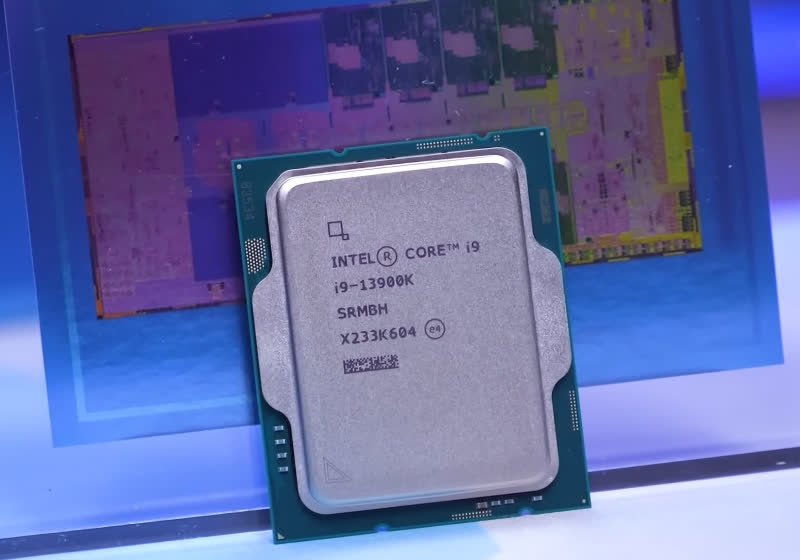
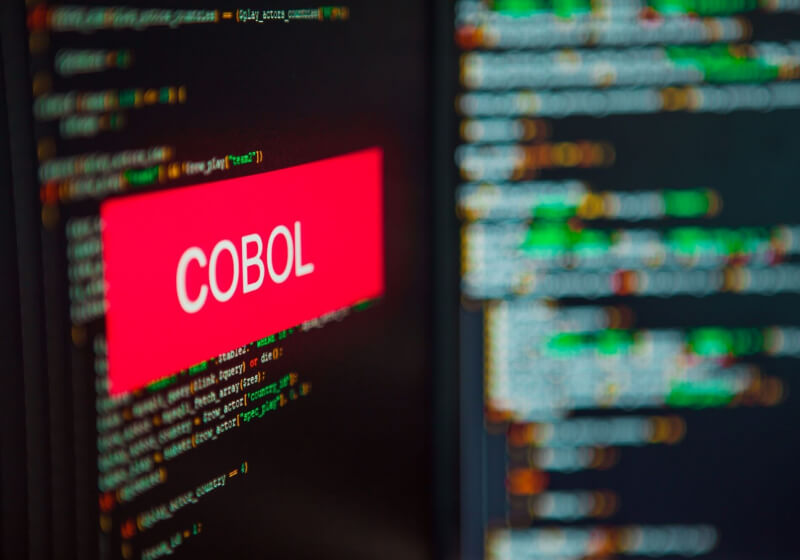
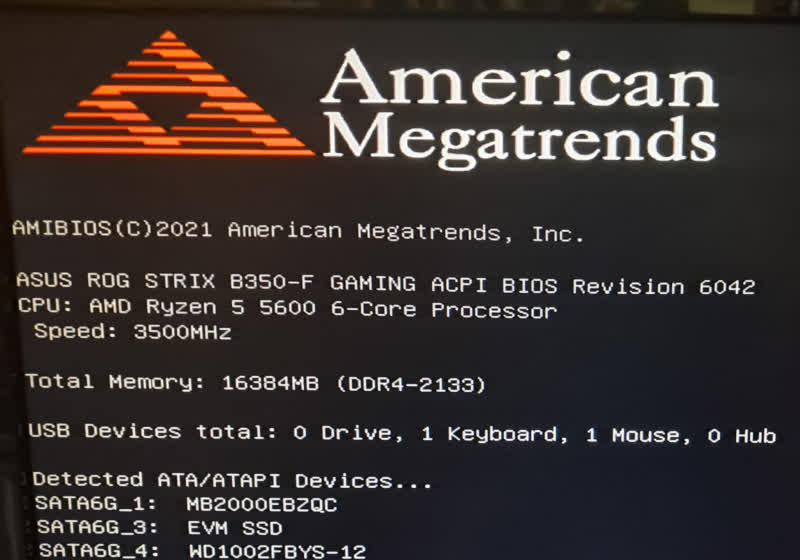

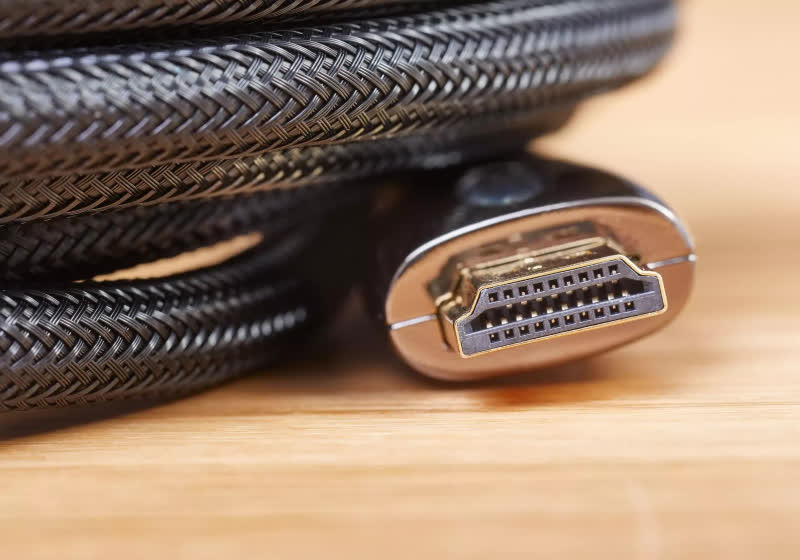


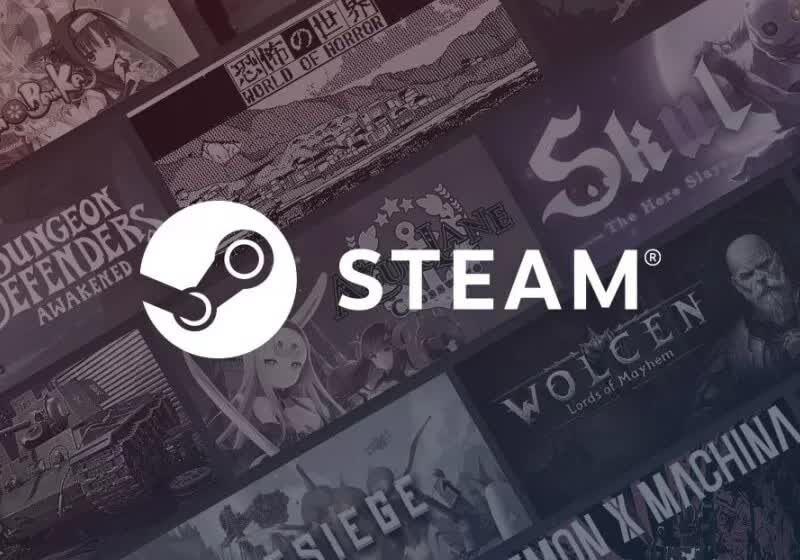
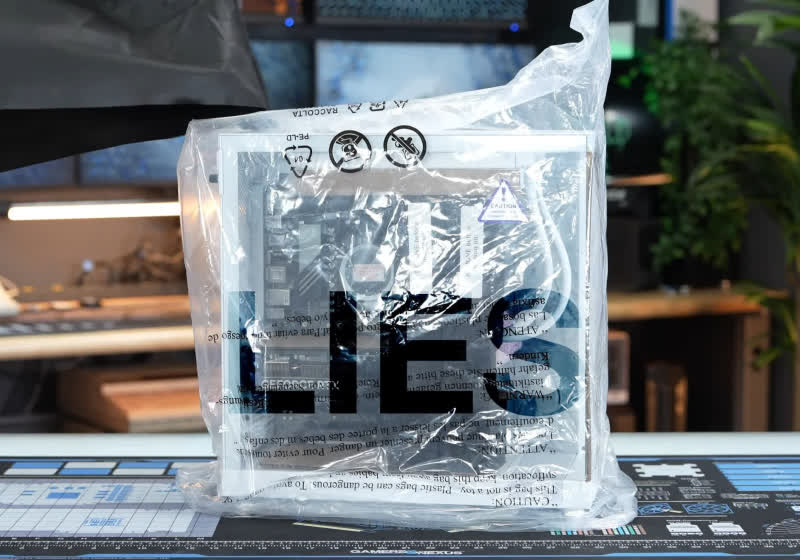


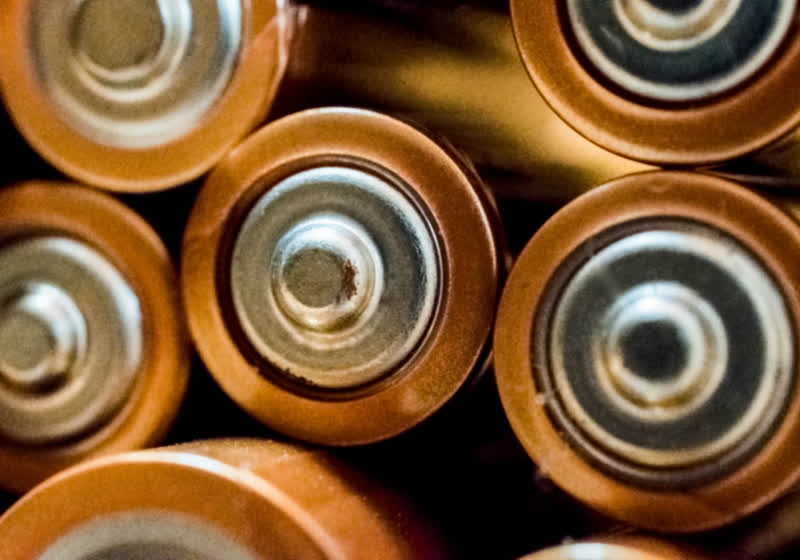

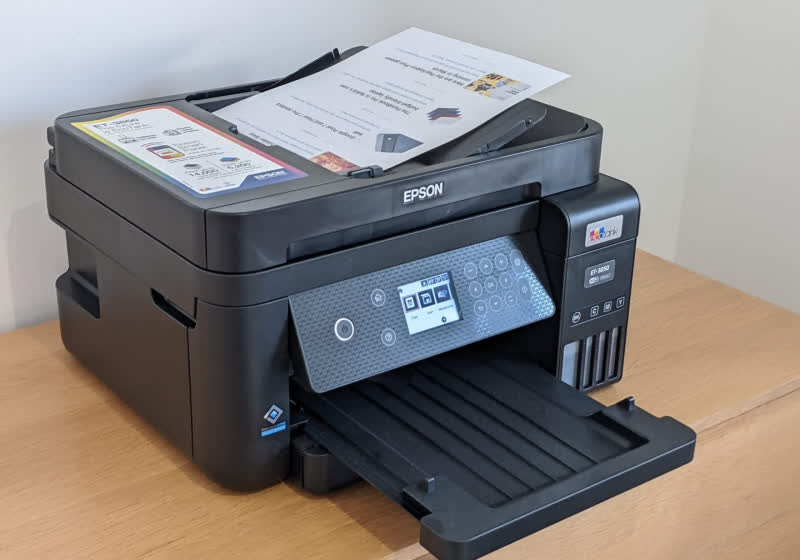
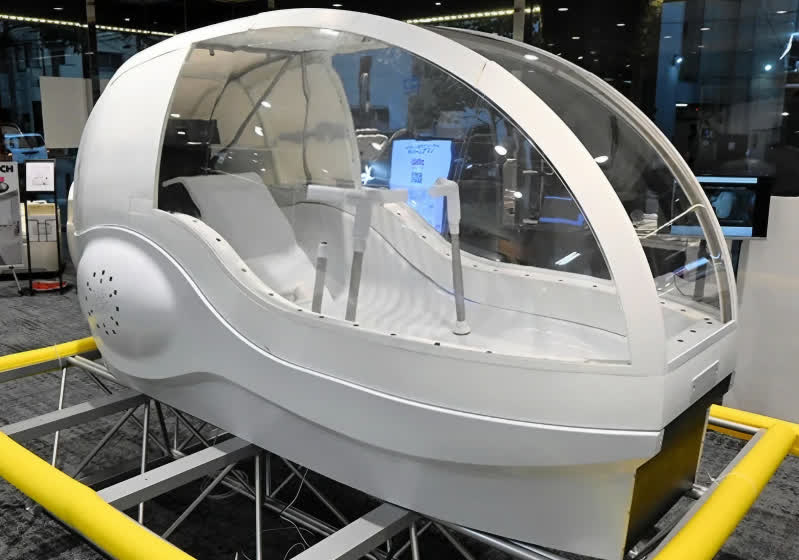
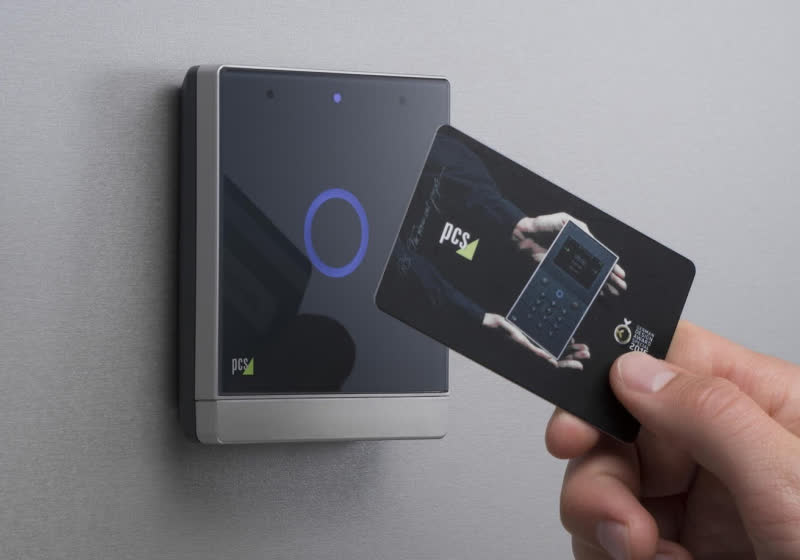


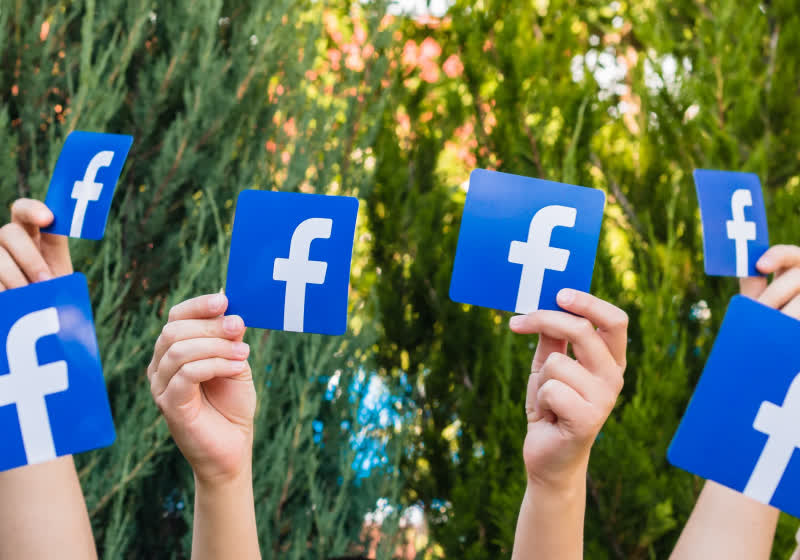







/cdn.vox-cdn.com/uploads/chorus_asset/file/25814563/videoframe_30347.png)



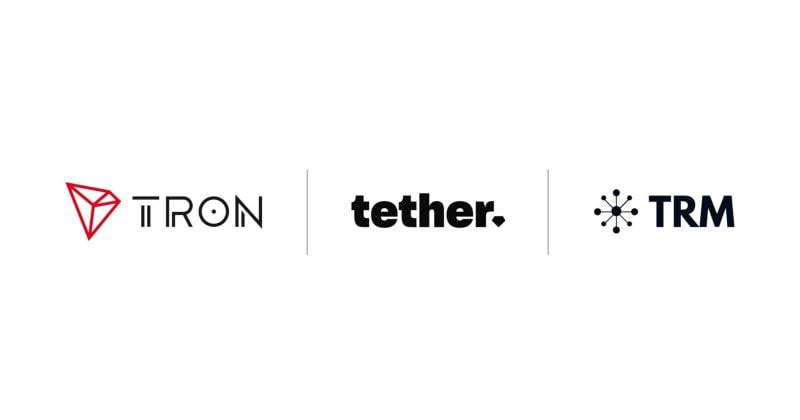

 English (US) ·
English (US) ·